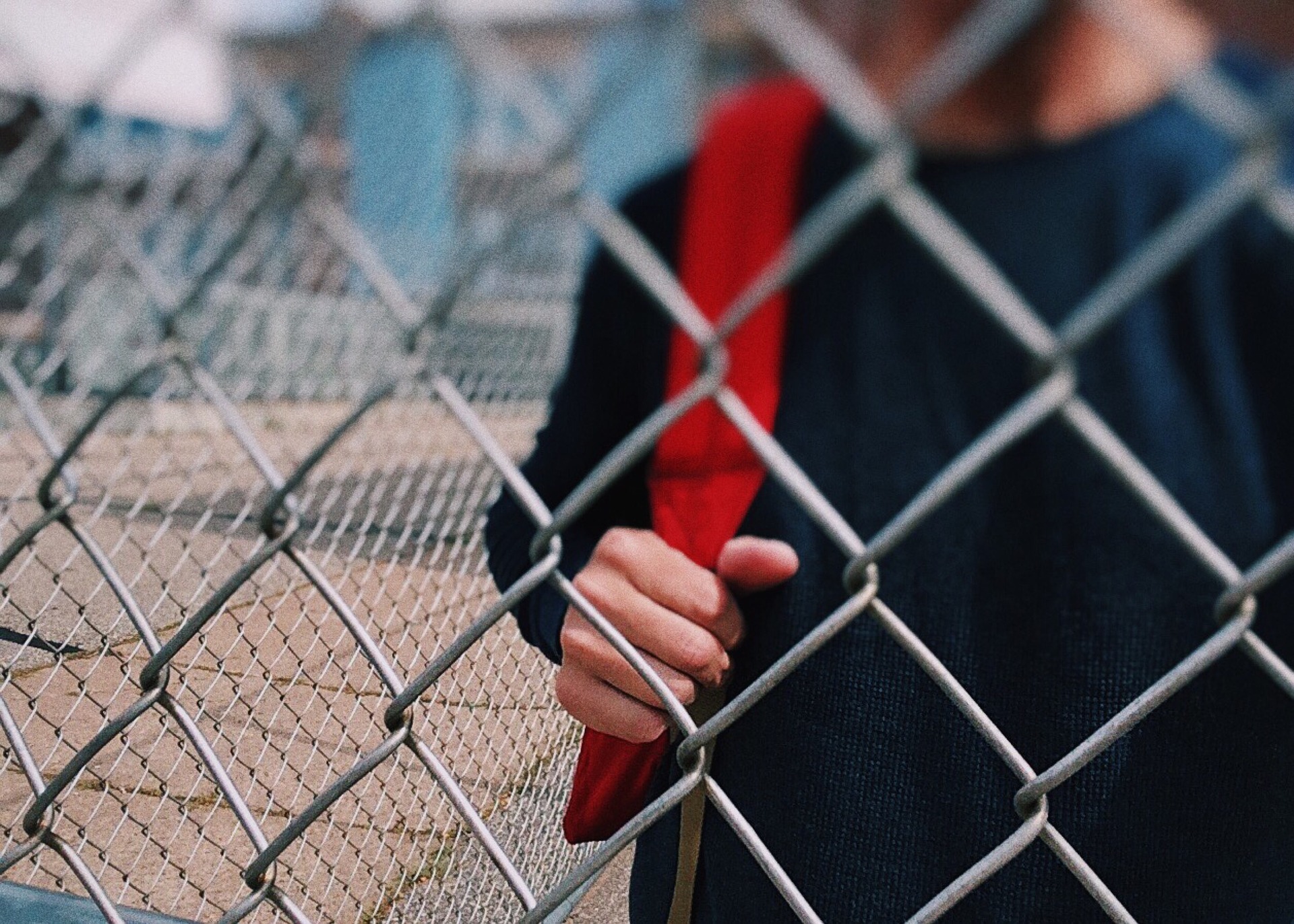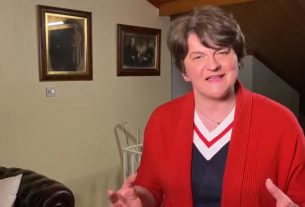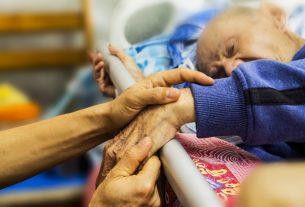Up until recently, the education gap UK had been narrowing. But a report from the Education Policy Institute (EPI) now suggests that this trend has stopped even before taking the impact of lockdown into account. More vulnerable pupils living in poverty face enormous challenges, according to the EPI, with educational attainments well behind those of kids from affluent backgrounds. For the first time since 2007, the gap increased among primary pupils, whereas progress among older kids has stalled.
Now, students from disadvantaged areas are 18.1 months behind their peers by the time they complete their GCSEs. Only during one year since 2014 has the gap narrowed for students from the most underprivileged areas.
Education gap the UK – report finds policymakers have failed to respond to warnings
The EPI compiled the ‘Education in England: Annual Report 2020’ in collaboration with Unbound Philanthropy and the Fair Education Alliance examining different aspects of the education system. Among them, the effects of poverty and deprivation on children’s learning. Earlier reports had flagged the learning gap in the past but although some progress narrowing it had been made, the current findings paint a stark picture even before the pandemic.
Researchers identified that the gap is no longer closing and widening in some instances because the proportion of kids from impoverished backgrounds in schools is growing. As, for the first time since 2007, the learning gap in primary schools is widening, researchers worry that this trend will continue.
Moreover, last year’s report already suggested that it would take as much as 500 years to close the education gap in the UK.
The learning gap facts and figures
In summary, the report lays out the reality of the learning gap between kids from well-off backgrounds and kids living in poverty:
- Primary pupils from disadvantaged areas are 9.3 months behind in their learning
- At GSCE level, kids from poor areas are 18.1 months behind
- At the early learning level, the gap is already 4.6 months
Researchers also found that some UK regions face a far greater problem. In Blackpool, for instance, teenagers from families living in poverty are 26.3 months behind their peers by the time they take their GCSEs.
Persistent poverty increases learning gap
As part of this study, EPI researchers further studied how varying degrees of deprivation impact on learning and found:
“Children with a high persistence of poverty (those on free school meals for over 80% of their time at school) have a learning gap of 22.7 months ‒ twice that of children with a low persistence of poverty (those on free schools meals for less than 20% of their time at school), who have a learning gap 11.3 months.”
Crucially, the proportion of kids living in poverty has also risen from 34.8 per cent in 2017 to today’s 36.7 per cent.
Speaking to the BBC, the EPI’s chairman, David Laws, said:
“It is deeply concerning that our country entered the pandemic with such a lack of progress in this key area of social policy, and the government urgently needs to put in place new policy measures to help poor children to start to close the gap again.”




